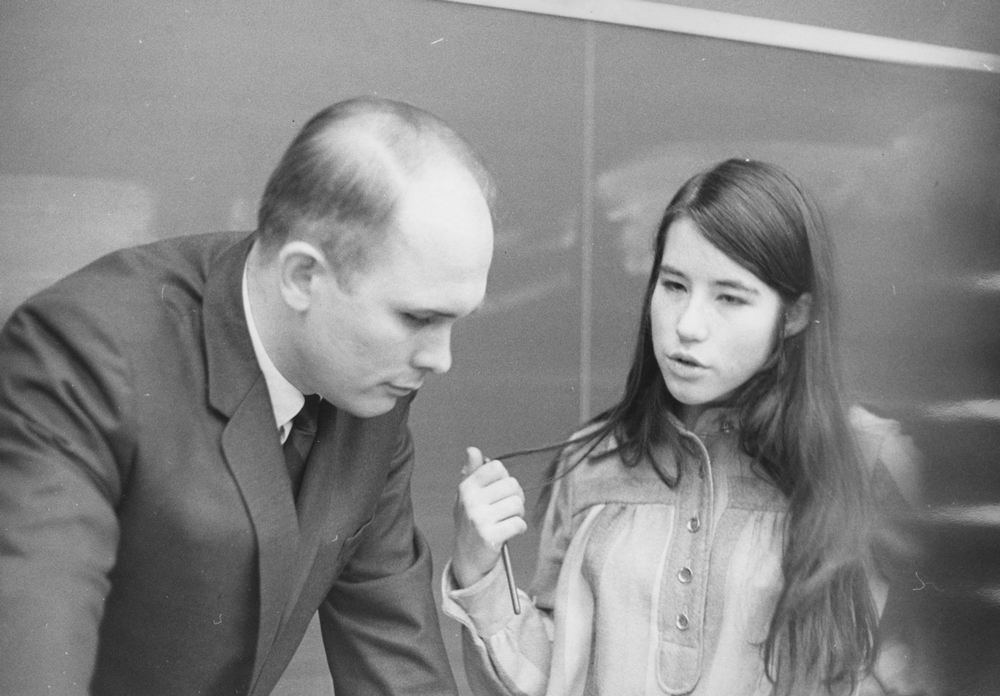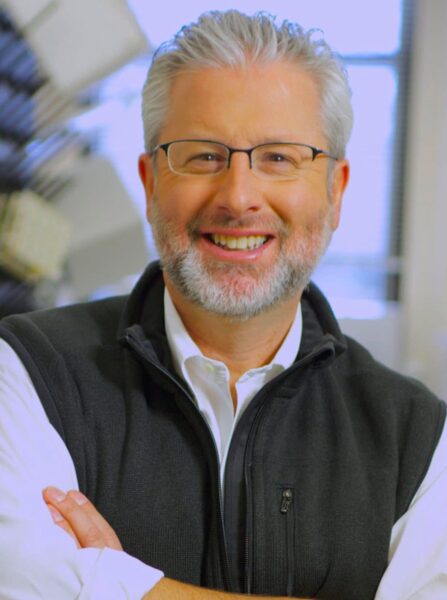The Chicago Society hosted a panel discussion entitled “Intellectual Property in the Digital Age” last Thursday, exploring modern copyright issues and whether technological advancements will require new laws.
Panelists included Edward Felten, a Princeton University professor of computer science and public affairs; Adrian Johns, a professor in the history department; and Marvin Bedard, owner and creative director of the Chocolate Industries record label. Randy Picker, a professor of commercial law at the Law School, moderated the discussion.
Bedard said pirated music does not hurt his record label business. “The digital age is making what…artists do more ubiquitous,” he said, noting that artists can reach a much larger audience as a result of piracy.
Felten said the Internet increases the risks for copyrighted businesses. Before the web, he said, it was very difficult for amateurs to spread protected materials, but now anyone with an Internet connection can do so. “That means suddenly copyrighted material is something that matters to a lot more people,” Felten said.
Johns suggested that the current debate has precedent, as controversy over patent and copyright laws has existed since the mid-19th century. The goal is to establish a “legal framework to allow the maximum number of people in [one’s] society to produce collectively,” he said.
Picker said this challenge is complex because artists are often willing to produce for free, whereas drug companies or other scientists demand monetary incentives to justify costly research.
Echoing those sentiments, Felten said the future of copyright law remains unclear. “We’re at a point where we don’t know what the industry and public policy will be in a few years, but we do know people who are talented will continue to be creative because they can’t stop doing so,” he said.
Picker said that “the likelihood of [new] copyright and patent laws in the next three to five years is extremely likely.”








